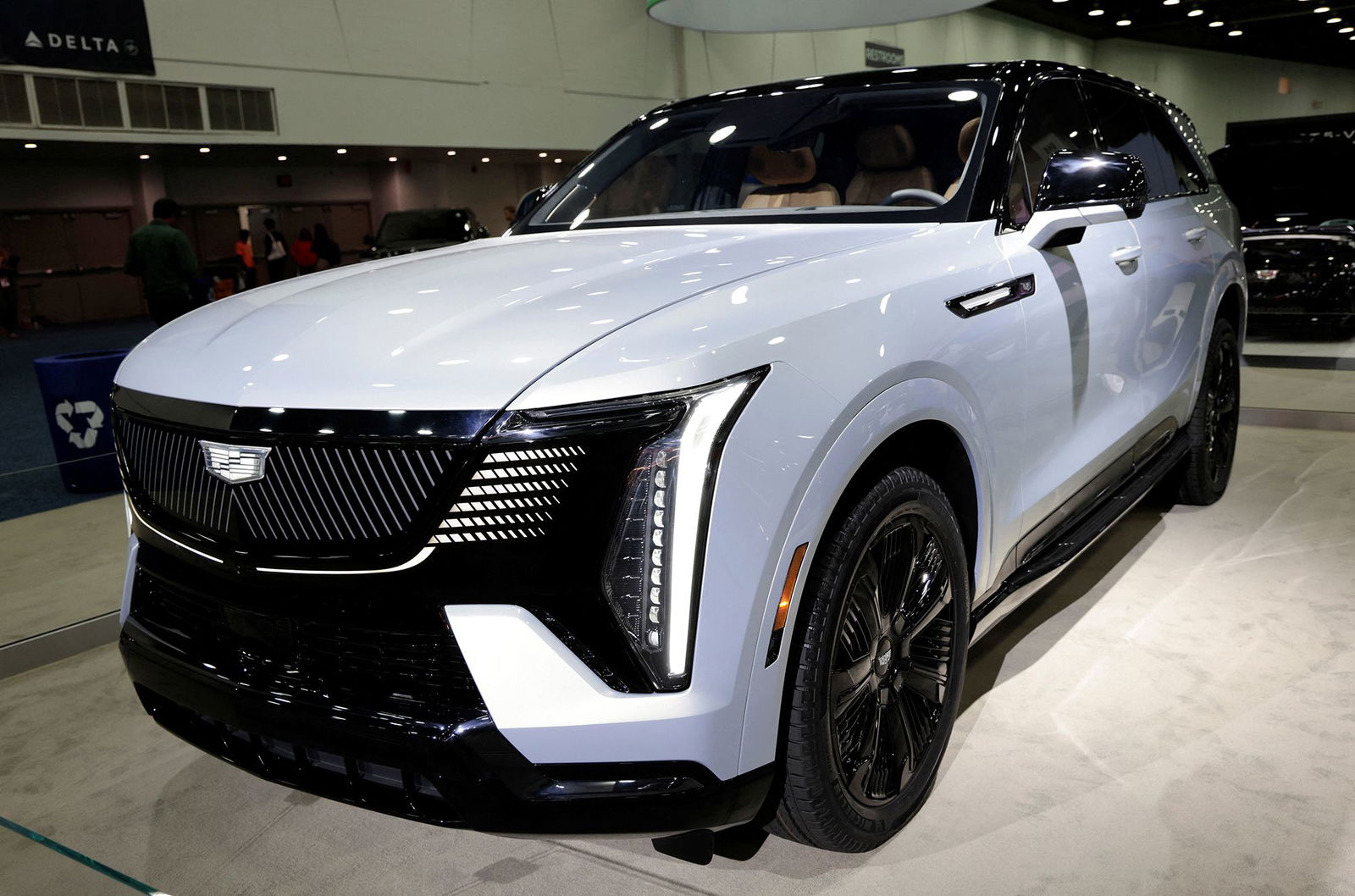General Motors, celebrating its 100-year legacy, is preparing to reshape how Americans drive. By 2028, the iconic automaker intends to offer truly hands-free, “eyes-off” technology, so drivers can even enjoy a movie as they journey.
GM will introduce ‘eyes-off’ driving in 2028

Key Takeaways:
- GM plans to launch “eyes-off” driving in 2028
- Drivers will be able to watch movies on the go
- The company has faced costly modernization challenges
- GM has a century-long automotive history
- This move emphasizes GM’s continuing push into high-tech innovation
GM’s Century of Pursuit
General Motors is no stranger to adapting with the times. As a 100-year-old car company, it has navigated waves of innovation—from mass-market production breakthroughs to the present day, where skyrocketing research costs pose formidable challenges. Throughout its history, GM has consistently sought new ways to stay ahead in an ever-evolving industry.
Introducing “Eyes-Off” Driving
The company’s latest announcement centers on a technology that aims to let drivers take their eyes off the road—literally. Slated for availability starting in 2028, this “eyes-off” feature would allow motorists to watch a movie or otherwise occupy themselves without constant attention to the wheel. By advancing hands-free systems, GM hopes to provide a uniquely convenient and futuristic driving experience.
The Path Toward 2028
Although details are still unfolding, the 2028 launch date signals GM’s confidence in maturing the technology for public use. This timeline allows the company to refine safety protocols, address ongoing modernization hurdles, and build the necessary infrastructure to support advanced autonomous capabilities.
What It Means for Drivers
For everyday commuters, “eyes-off” driving may bring a paradigm shift to travel. Instead of focusing on the road, drivers could spend the journey enjoying music, films, or catching up on work. It is a bold vision—and one that underscores GM’s commitment to transforming the driver’s seat into a place of comfort and entertainment, rather than just an operator’s post.











